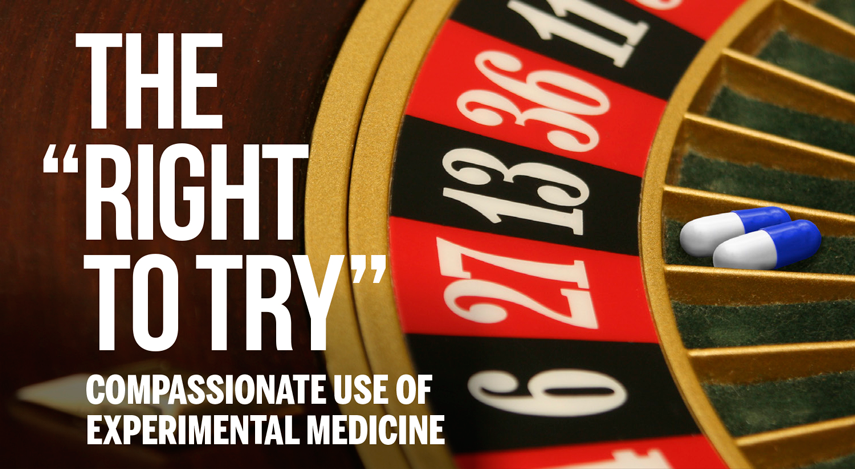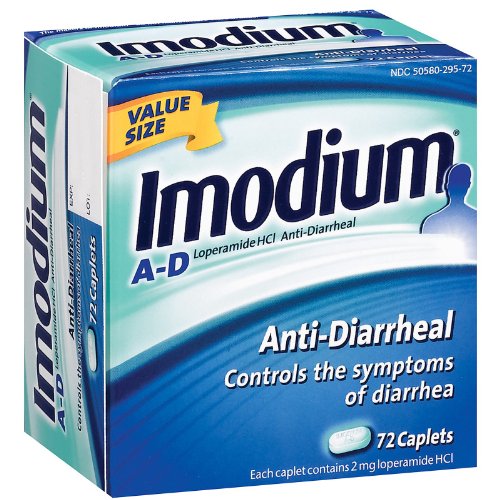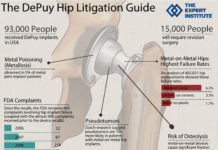Pharma Industry News Update: 6 Feb 2018
FDA’s List of “Digital Health” Companies Destined for Precertification
Includes Verily, Which Hired Former FDA Commissioner Califf!

[From www.digitaljournal.com] The FDA has issued the names of the companies selected for the first wave of the pilot program. The nine participants include medical device and health technology innovators.
The scheme is called the FDA’s digital health software precertification pilot program. This is part of the agency’s Digital Health Innovation Action Plan, which, in turn, derives from federal legislation passed in 2016 (21st Century Cures).
The program, according to Gottlieb, is focused on evaluating the robustness of each company rather than the products they produce.
PharmaGuy’s Insight:
I question how Verily got on this list. Talk about revolving doors! Just by coincidence former FDA commissioner Califf joined Verily last May (read “Life After #FDA: Califf May Join Google’s Life Sciences Tech Arm Verily“). Not only that, “Scientists [are] Skeptical of Google’s ‘Verily’ Life Sciences Technology“
Further Reading:
Right-to-Try Legislation Would Require More FDA Regulation

[From www.statnews.com] A bipartisan bill aimed at helping terminally ill patients gain access to experimental medicines would leave intact the controversial role of the Food and Drug Administration, a notion that will likely upset backers of the so-called right-to-try movement.
The proposal would require the FDA to issue a guidance that would inform drug makers of their role and responsibilities, should they agree to make an experimental medicine available to a patient who is not enrolled in one of their clinical trials. Drug makers are not required to provide medicines and worry that side effects may nix their chances of winning regulatory approval.
This has been a bugaboo for the pharmaceutical industry.
FDA Wants to Limit Doses per Package of Diarrhea Drug Imodium
Because of Opioid Withdrawal Misuse

[From eyeonfda.com] FDA held a public meeting in April 2009 on the regulation of promotional speech on social media by medical product manufacturers and set the framework for the discussion (and the subsequent regulation) by asking five questions. Ostensibly guidance was to follow in short order, but in fact, many years passed before FDA issued guidance documents that only partially addressed the questions raised in that framework.
The most comprehensive of these guidance documents were about correcting misinformation by third parties on the Internet and operating in platforms where there is character space limitation. Left unanswered were many questions such as issues related to adverse event reporting, among others.
The sluggishness of the agency is in many ways understandable.
Farewell Pharma Friends!

Beware of the PharmaGovernment Complex!
[From www.pharmamarketingblog.com] It’s my 71st birthday and I decided it’s a good time for me to move on to a new role. Unbelievable, right? John “PharmaGuy” Mack is seventy-one years old!
Also unbelievable is that I am shuttering my pharmaceutical online publishing business after 16 years of continuous operation! There will be no more Pharma Industry News Update emails, no more PharmaGuy Insights on Scoop.it, and no new Pharma Marketing Blog posts. There will still be tweets from Pharmaguy, but eventually even that will end.
Although one door has closed, another door has opened for me as a Newtown Township, PA Supervisor. Yes, I am now a “politician!”
Before I go, however, I’d like to say one or two words about what I call the “PharmaGovernment Complex,” which is the collusion between the pharmaceutical industry, lawmakers, and government agencies.









![6 Digital Tools at the Center of Healthcare Digitalization [INFOGRAPHIC]](http://ec2-54-175-84-28.compute-1.amazonaws.com/pharma-mkting.com/wp-content/uploads/2021/04/6DigitalTools_600px-100x70.jpg)




